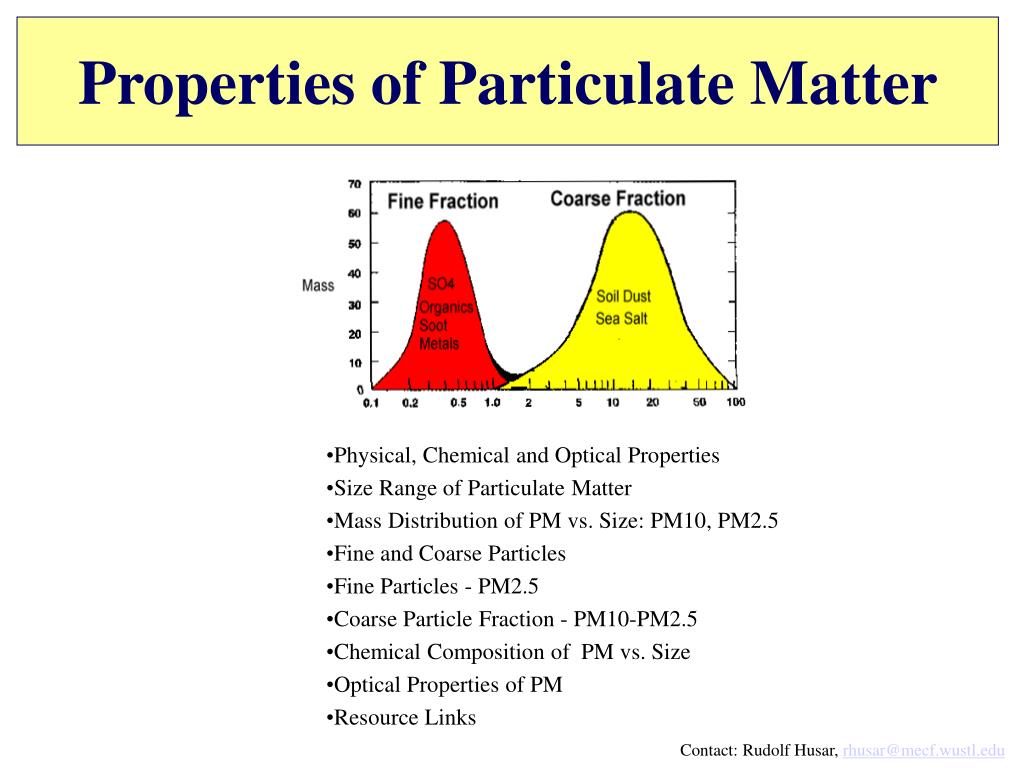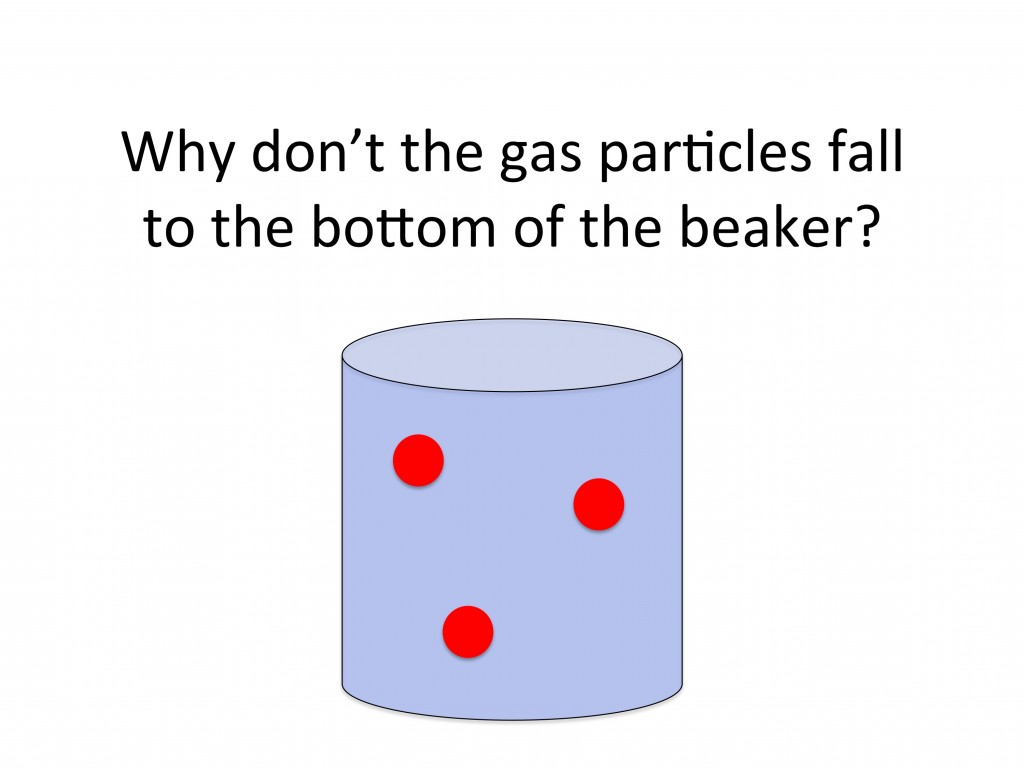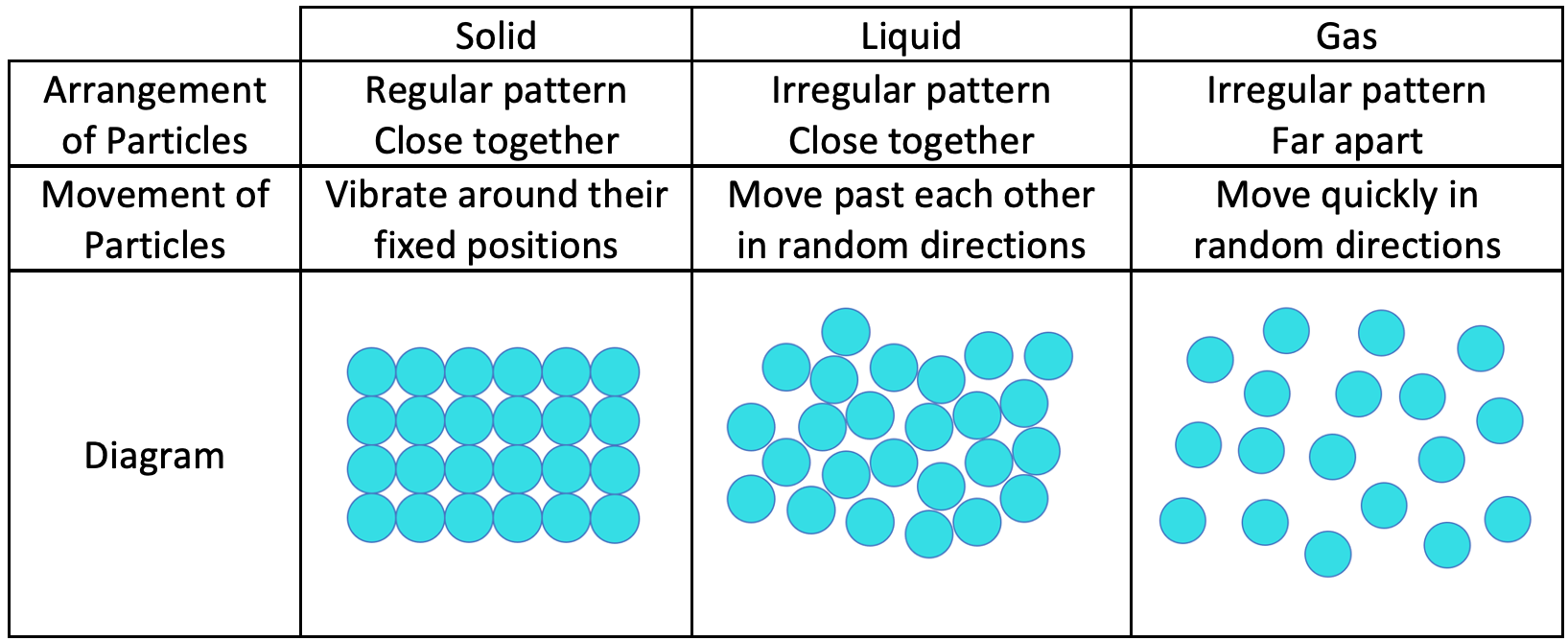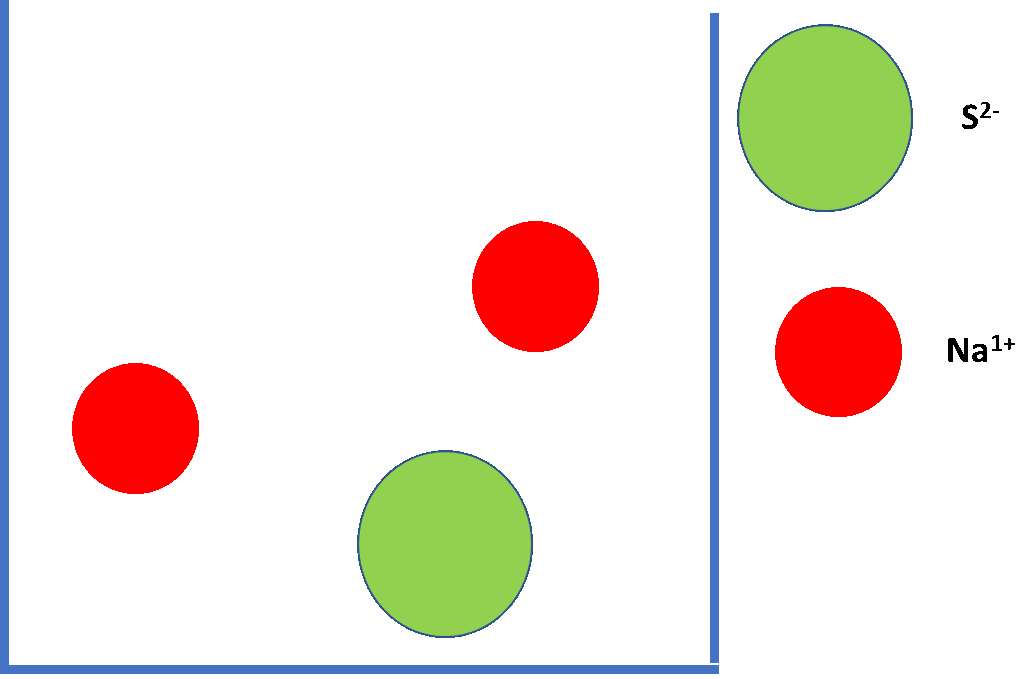Particulate Drawings, A given chemical reaction can be.
Particulate Drawings - The particles in a solid are either highly ordered (if the solid is crystalline) or have no. Web this video covers how to draw particle diagrams representing a reaction, to determine the limiting reactant and excess reactant. Web in this video, we'll learn how to represent solids, liquids, and gases using particulate models. A given chemical reaction can be. Web check out the next lesson and practice what you’re learning: Web visualizing chemical equations using particulate models. Many chemistry teachers do have their students draw these, but they can be used all year! Web check out the next lesson and practice what you’re learning: Web use the following particulate matter drawings to answer the questions b. Web students were interviewed to identify the ways in which they classify particulate drawings as pure substances or heterogeneous or homogeneous mixtures. Web students were interviewed to identify the ways in which they classify particulate drawings as pure substances or heterogeneous or homogeneous mixtures. Web one of the best ways to induce students' thinking on the submicroscopic level (pure substances and mixtures) is to include particulate drawings into instruction. Web the most common particle diagrams are those for solids, liquids, and gasses.. In this video, we'll learn how to represent the relative concentrations of the substances in a solution as well as the interactions between the substances using a particulate. Web the cations and anions in an ionic solid are arranged in a lattice structure that maximizes the attractive forces between opposite charges and minimizes the repulsive forces. Web students were interviewed. Teachers can uncover and address possible. Web a given chemical reaction can be represented using a particulate diagram, in which the reaction mixture is depicted both before the reaction occurs and after the reaction has proceeded completely as possible. Web the most common particle diagrams are those for solids, liquids, and gasses. Web check out the next lesson and practice. Teachers can uncover and address possible. Many chemistry teachers do have their students draw these, but they can be used all year! Web tezruly 1 mg/ml oral solution is a clear, cherry flavored solution, free from visible particulate matter available in bottles of 150 ml with child resistant closure, ndc 70954. In this video, we'll learn how to represent the. Web check out the next lesson and practice what you’re learning: Web many teachers have students draw models and diagrams to help them illustrate how matter behaves. Web in this video, we'll learn how to represent solids, liquids, and gases using particulate models. Pure substances or mixtures (homogeneous/heterogeneous);. The particles in a solid are either highly ordered (if the solid. Web students were interviewed to identify the ways in which they classify particulate drawings as pure substances or heterogeneous or homogeneous mixtures. Web use the following particulate matter drawings to answer the questions b. Teachers can uncover and address possible. Describe the contents of the container below. In this video, we'll learn how to represent the relative concentrations of the. A balanced chemical equation can be. Many chemistry teachers do have their students draw these, but they can be used all year! Be sure to discuss the contents in terms of elements or compounds; The particles in a solid are either highly ordered (if the solid is crystalline) or have no. In this video, we'll learn how to represent the. Pure substances or mixtures (homogeneous/heterogeneous);. A balanced chemical equation can be visualized using a particulate diagram, in which each of the atoms. Web check out the next lesson and practice what you’re learning: In this video, we'll learn how to represent the relative concentrations of the substances in a solution as well as the interactions between the substances using a. Web in this video, we'll learn how to represent solids, liquids, and gases using particulate models. Web the cations and anions in an ionic solid are arranged in a lattice structure that maximizes the attractive forces between opposite charges and minimizes the repulsive forces. A balanced chemical equation can be. A balanced chemical equation can be visualized using a particulate. By upgrading a subject, you'll have access to the rest of the prompt, a sample response, and an. In this video, we'll learn how to represent the relative concentrations of the substances in a solution as well as the interactions between the substances using a particulate. Web use the following particulate matter drawings to answer the questions b. The particles. Be sure to discuss the contents in terms of elements or compounds; Web a given chemical reaction can be represented using a particulate diagram, in which the reaction mixture is depicted both before the reaction occurs and after the reaction has proceeded completely as possible. Web this video covers how to draw particle diagrams representing a reaction, to determine the limiting reactant and excess reactant. Teachers can uncover and address possible. A given chemical reaction can be. In this video, we'll learn how to represent the relative concentrations of the substances in a solution as well as the interactions between the substances using a particulate. Web in this video, we'll learn how to represent solids, liquids, and gases using particulate models. Web this article reviews research on the effects of dynamic computer visualizations used in chemistry instruction, especially visualizations of the particulate. A balanced chemical equation can be visualized using a particulate diagram, in which each of the atoms. Web the most common particle diagrams are those for solids, liquids, and gasses. Pure substances or mixtures (homogeneous/heterogeneous);. Web the cations and anions in an ionic solid are arranged in a lattice structure that maximizes the attractive forces between opposite charges and minimizes the repulsive forces. Describe the contents of the container below. A balanced chemical equation can be. Web in this video paul andersen explains how the conservation of matter can be displayed with both symbolic representations and particulate drawings. Web one of the best ways to induce students' thinking on the submicroscopic level (pure substances and mixtures) is to include particulate drawings into instruction.Solved 1. Label the particulate drawings below with the

savvychemist GCSE OCR Gateway Chemistry C1.1 The Particle Model

PPT Properties of Particulate Matter PowerPoint Presentation, free

equilibrium particulate drawing (Big Idea 6) Teaching chemistry, Ap

The particle model What is the model? Solids, Liquids & Gases

Basics of Solutions (with Particle Theory) YouTube

Particle Drawing at Explore collection of Particle

Drawing Particulate Models Chemical Education Xchange

P3 A) The Particle Model AQA Combined Science Trilogy Elevise

Answered Draw a particulate level diagram for… bartleby
Many Chemistry Teachers Do Have Their Students Draw These, But They Can Be Used All Year!
The Particles In A Solid Are Either Highly Ordered (If The Solid Is Crystalline) Or Have No.
Web Visualizing Chemical Equations Using Particulate Models.
By Upgrading A Subject, You'll Have Access To The Rest Of The Prompt, A Sample Response, And An.
Related Post:
